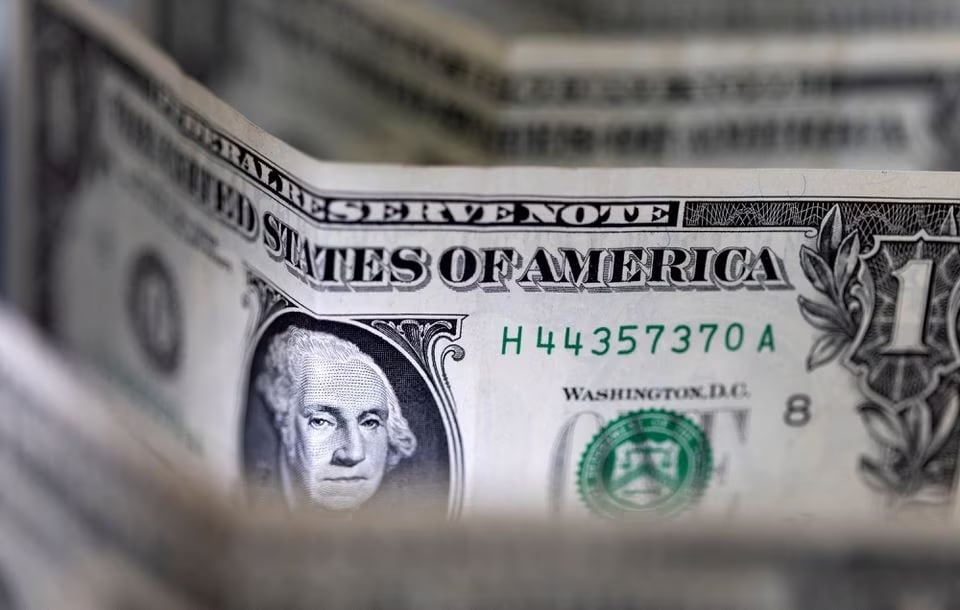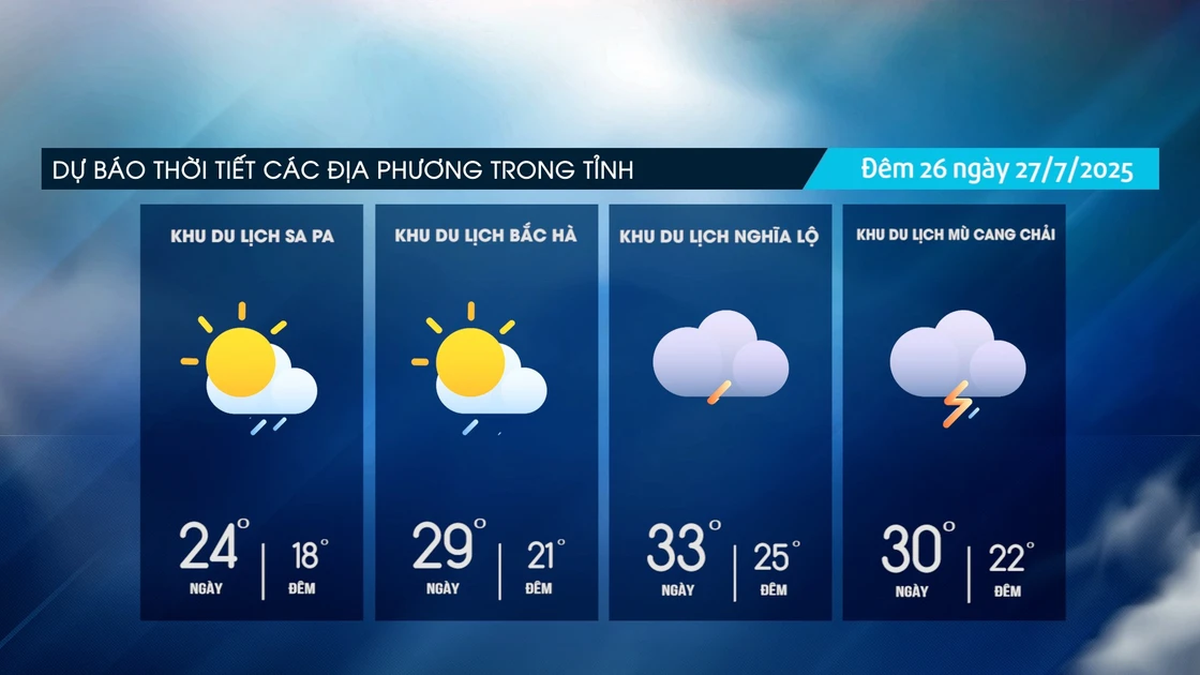In her second letter to Congress in two weeks, Treasury Secretary Janet Yellen confirmed that the agency is unlikely to be able to meet all its payment obligations to the US government by early June, triggering the first-ever US debt default.

Illustration photo: Reuters
The latest revenue and payments data since Ms. Yellen’s initial letter to Congress on May 1 continue to show that the US Treasury will run out of cash to pay the US government ’s bills by early June, and possibly as early as June 1.
To salvage the situation, US President Joe Biden is expected to meet with House Speaker Kevin McCarthy to discuss before his foreign trip starting next Wednesday.
Biden heads to Japan on Wednesday for the G7 summit, then to Oceania for a trip that will last about a week. McCarthy said Monday that no progress had been made in talks that lasted over the weekend, despite Biden saying he was optimistic about a solution to the threat.
Ms Yellen has repeatedly warned that failure by the US Congress to raise the $31.4 trillion federal debt limit could trigger a "constitutional crisis" and would cause an " economic and financial catastrophe" for the US and global economies.
Last week, the US Congressional Budget Office said the US faces a “significant risk” of failing to meet its payment obligations within the first two weeks of June.
Some analysts, including the Congressional Budget Office, have also suggested that the Treasury could survive until August without defaulting if it could access quarterly tax payments by June 15 and new borrowing facilities were available by June 30.
Secretary Yellen called for action as soon as possible in a letter on Monday. "We have learned... from the past that waiting until the last minute to suspend or increase the debt limit can severely damage business and consumer confidence... and negatively impact the credit rating of the United States," she noted.
“If Congress fails to raise the debt limit, it will cause serious hardship for American families, damage our global leadership, and call into question our ability to protect our national security interests,” she added.
Huy Hoang (according to Reuters)
Source







































































































Comment (0)